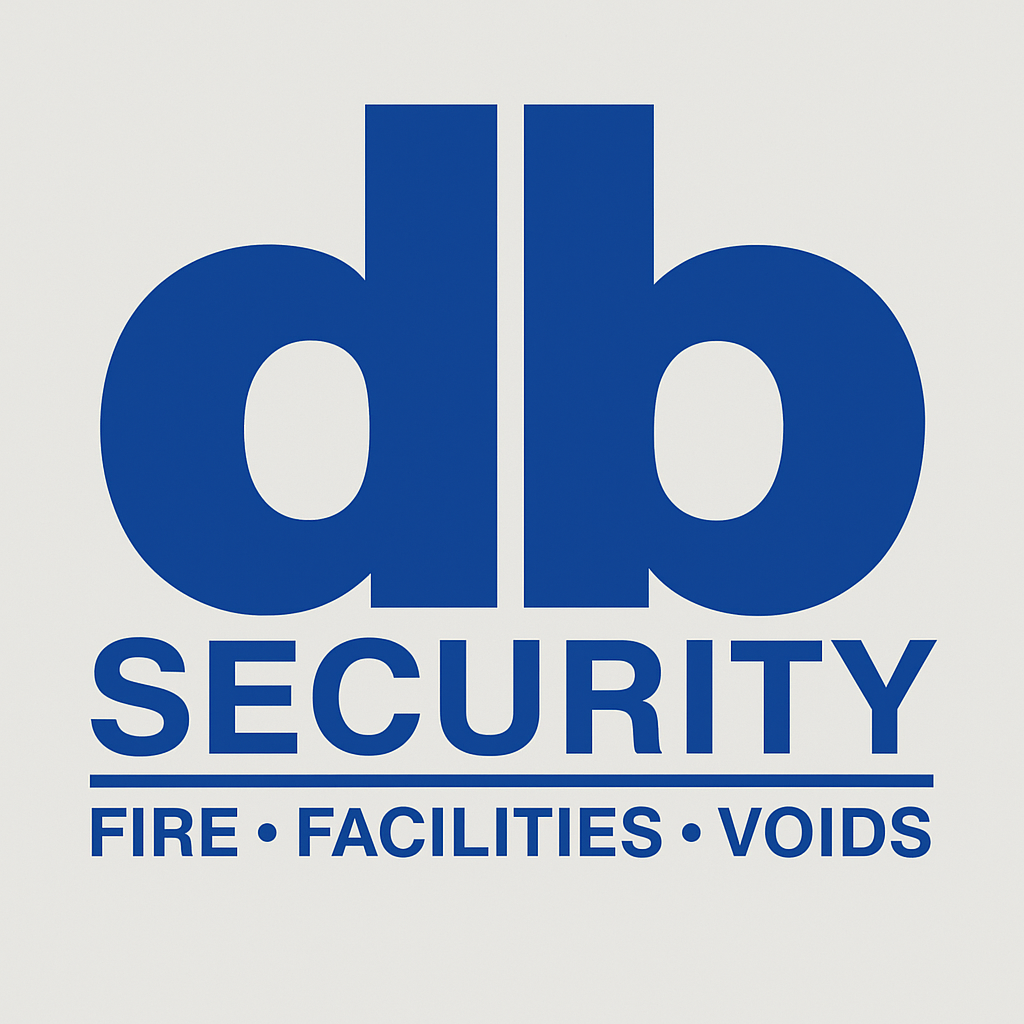24/7 call out, 365 days a year
25 Years Experience
Products ready to pick from our UK Based warehouse
.jpg)
Fire Extinguishers Systems
We have extensive experience supplying and installing fire extinguishers across all industries. Our expert knowledge ensures we provide the right fire safety solution for your business, no matter the size or type of premises.

Trusted Fire Protection
With certified equipment and expert advice, we help you stay compliant and prepared. Our fire extinguishers meet UK safety standards and are trusted by homes and businesses alike.

Fire Safety Solutions That Fit Your Needs
From offices to industrial sites, we supply extinguishers tailored to your environment and fire risks. Get the right protection without the guesswork.

Why Choose Us
Fast delivery, competitive pricing, and expert support — we make fire safety simple and reliable. Join hundreds of satisfied customers who trust us to protect what matters most.
How Do Water Fire Extinguishers Work?
Water fire extinguishers work by cooling the burning material and removing the heat needed to sustain the fire. They're ideal for Class A fires involving wood, paper, and textiles — but should never be used on electrical or flammable liquid fires.


How Often Should Fire Extinguishers
Be Checked

To remain compliant with UK fire safety laws and ensure readiness in an emergency, fire extinguishers must be checked regularly. A quick visual inspection should be carried out once a month to ensure each unit is easily accessible, fully charged, and undamaged. In addition, a professional service should be conducted annually by a qualified technician, who will inspect pressure levels, seals, and operating mechanisms. Depending on the extinguisher type, an extended service or discharge test may also be required every 5 or 10 years. Consistent maintenance not only ensures legal compliance but could be the difference in an emergency situation.

Types of Fire Extinguishers Systems
There are several types of fire extinguisher systems, each tailored to specific fire risks and environments.
-
Water Extinguishers are best for Class A fires (paper, wood, textiles).
-
Foam Extinguishers are effective on Class A and B fires, including flammable liquids.
-
CO2 Extinguishers are commonly used for electrical fires and IT equipment.
-
Dry Powder Extinguishers are versatile and can tackle Class A, B, and C fires, but are generally not recommended for indoor use due to residue.
-
Wet Chemical Extinguishers are specialised for kitchen fires involving cooking oils and fats (Class F).
In addition to handheld units, automated fire suppression systems (such as kitchen hood systems, server room gas systems, or sprinkler-based solutions) offer continuous protection in high-risk environments. Selecting the right system ensures both safety and compliance with fire regulations.

Protected By The Best
DB Security Services provide a full stack security service. Our solutions are tailored to your needs, but our systems include intruder alarm and fire alarm installation, access control and CCTV, offsite and onsite monitoring services, keyholding response and mobile patrols. We also partner with Staffordshire Police, and specialise in deterring anti-social behaviour. We’re here to take care of your security needs, so you don’t have to think about it.

